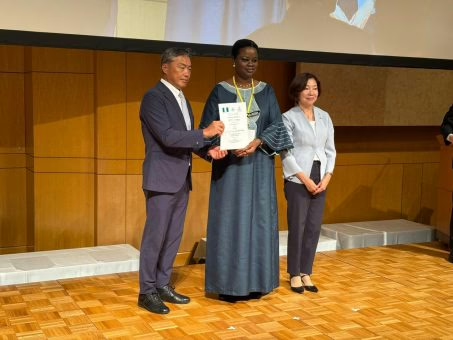pay later” loading=”lazy” class=”pl” />
Understanding Nigeria’s Persistent Buy Now, Pay Later Phenomenon
At 25, Saleh, a recent graduate from Nairobi, found himself in urgent need of a new smartphone. Determined to maximize his budget, he meticulously weighed various purchasing options to secure the best deal.
The Evolution of Pricing Strategies in African Informal Markets
Across Africa, traditional pricing methods are undergoing a significant transformation. The rise of data-driven, insight-based pricing models is reshaping how goods and services are valued, especially within informal sectors. This shift is crucial for markets where consumers often rely on flexible payment arrangements.
Why Buy Now, Pay Later Remains a Staple in Nigeria
In Nigeria, the “buy now, pay later” approach is deeply embedded in consumer behavior, spanning from everyday essentials like garri to high-tech gadgets. This system reflects broader economic realities, including fluctuating incomes and limited access to formal credit. Recent studies indicate that over 60% of Nigerian consumers engage in some form of deferred payment, underscoring the model’s importance.
Insight-Driven Pricing: A New Frontier for Informal Economies
Emerging pricing frameworks leverage consumer data and market insights to tailor payment plans and product pricing more effectively. For instance, mobile money platforms now integrate real-time analytics to offer personalized credit limits and installment options, enhancing affordability and trust. This approach not only benefits consumers like Saleh but also empowers small businesses to optimize sales and reduce defaults.
Looking Ahead: The Future of Consumer Credit in Africa
As digital penetration deepens-projected to reach 70% smartphone adoption in Sub-Saharan Africa by 2026-the potential for innovative credit solutions grows exponentially. Companies are experimenting with AI-driven credit scoring and blockchain-based payment systems to further democratize access to goods and services. These advancements promise to redefine affordability and financial inclusion across the continent.























0 Comments